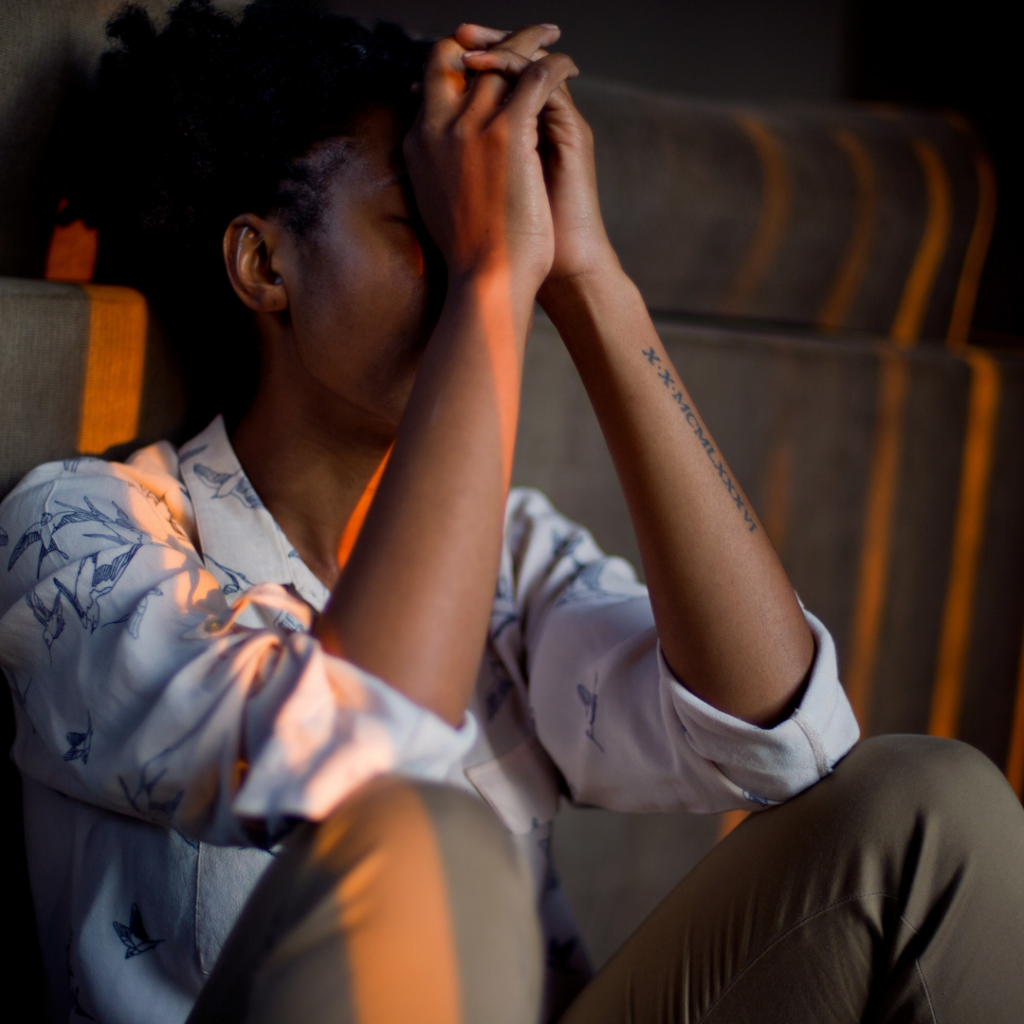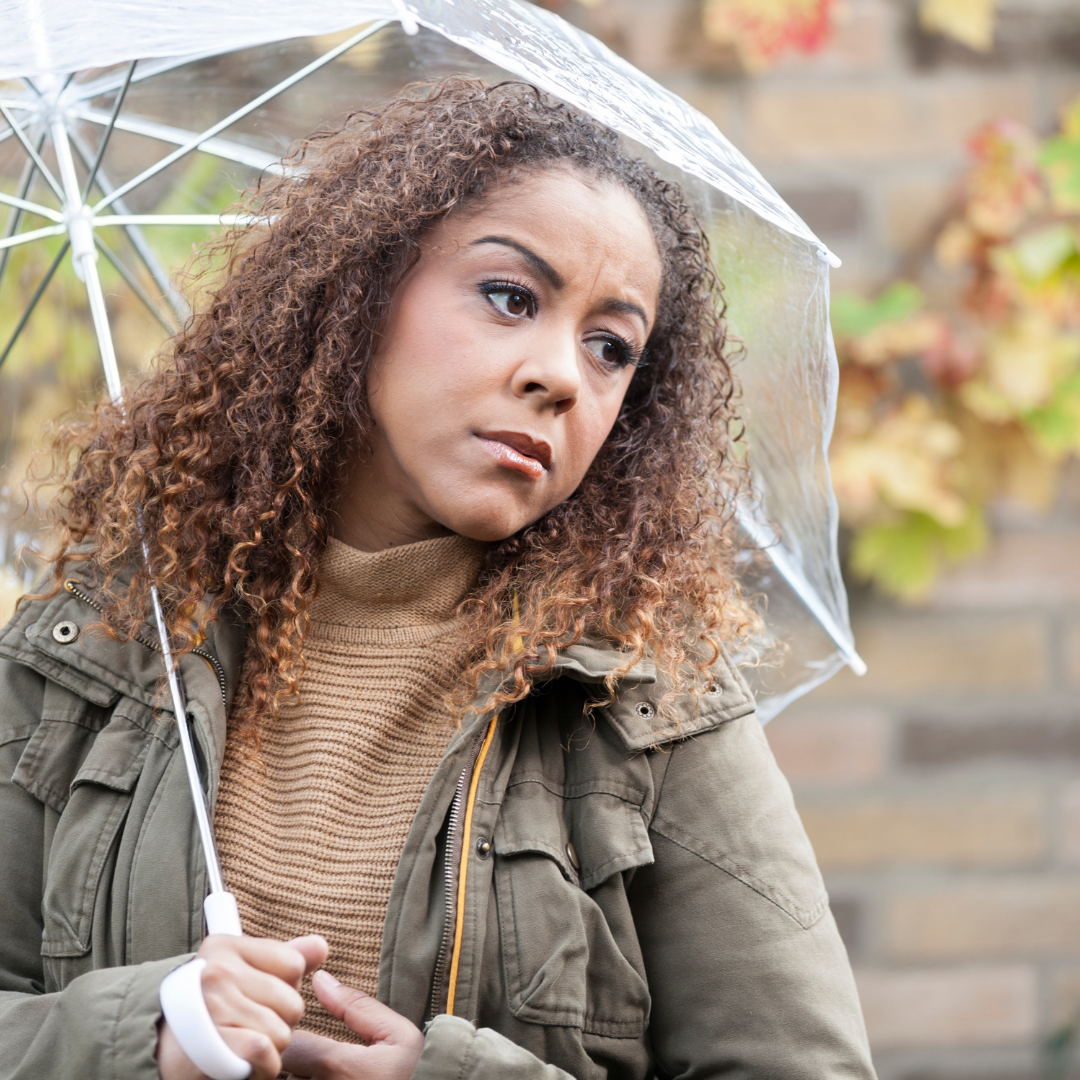Maybe you’ve had this experience: you’re feeling sad, and the weather outside seems to match your mood. It’s been raining for days, and the clouds hang dark and low. Your mood is also dark and low, and you don’t feel like you’ll ever feel better.
But then, the next morning, you wake up with the sun shining brightly on your face. Nothing’s changed in terms of your situation, but suddenly, you feel like everything is going to be okay. You drink coffee basking in the morning sun, and you feel your spirits start to rise up.
Has something like this happened to you? If so, you’re not alone. And it’s not just your imagination -- the weather can affect human mood in very real ways.
Here is everything we found out about how, exactly, the weather can affect your mood and overall mental health.
What is Seasonal Affective Disorder (SAD)?
One way that the weather affects people’s mental health is through a type of depression called seasonal affective disorder, also appropriately referred to as SAD. SAD shares symptoms with major depressive disorder, including:
- A loss of interest in activities you used to enjoy
- A sad or depressed mood almost all the time
- Lack of energy
- Changes in appetite or sleeping patterns
- Difficulty concentrating
- Unreasonable feelings of hopelessness, worthlessness, or guilt
- Having thoughts of death or suicide
In rarer cases, people may experience symptoms on the other end of the mood spectrum. They may start to feel manic (usually a symptom of bipolar disorder) with seasonal changes. If their mood swings are only caused by seasonal changes, then these people may be affected by SAD as well.
The difference between major depression or bipolar disorder and SAD is that SAD is triggered by seasonal changes. Most often, it’s the dark and cold winter months that trigger SAD symptoms in people -- something that is sometimes referred to as the “winter blues.” That’s not always the case, however; some people get depressed during spring or summer months (although this is more rare).
SAD is a recognized clinical mental health diagnosis that’s listed in the Diagnostic Statistical Manual 5th Edition (DSM-V). That means it’s not just “in your head” -- if you feel like your mood changes depending on the shifting seasons, you may have a diagnosable mental health disorder.
Treatment for Seasonal Affective Disorder
SAD, thankfully, can be treated effectively. The main treatments for SAD include:
- Psychotherapy
- Antidepressant medication
- Phototherapy
Phototherapy, or light therapy, is a treatment that uses a special kind of artificial light to trick your brain into thinking it’s sunnier outside than it really is. People who are prescribed phototherapy usually sit in front of a special light box immediately after waking up. The lightbox emits a light that mimics outdoor natural lighting. This is thought to affect the brain chemicals that control mood.
Other weather factors that may affect mood
Although SAD is a recognized mental health disorder, other ways that weather may affect our mood aren’t as well-understood. Some studies have found a link between several weather variables and mood, while others have found that weather has no effect on positive mood at all.
Some weather changes that might have an affect on our mood and overall mental health include:
Sunshine
We tend to automatically equate sunny days with happy days, and the science may suggest we’re right. Sunshine has been found to decrease negative mood, increase positive moods, and make people feel less tired. Studies also find that people are also more hopeful and generous when the sun is out; various studies have found that people tip more and there are better stock returns when it’s sunny out. Women are even more likely to give out their phone number to strangers on sunny days.
Temperature
If sunny days make people happier, do cold days make people more sad? Actually, the research says that both hot and cold days make people grumpier. One study found that people are happiest when it’s around 20 degrees Celsius (around 68 degrees Fahrenheit). The farther the temperature gets from this ideal, the unhappier, more uncomfortable, and less generous people are likely to be. People also tend to get more aggressive, both physically and verbally, when it’s hot out.
Humidity
Humidity also impacts mood in a negative way -- and anyone who’s lived through a summer in the South can understand why. Research says that when it’s humid out, people are more tired and more irritable.
Barometric pressure
Interestingly, barometric pressure also seems to have a subtle effect on our mental health. Some studies have found that lower barometric pressure is linked to higher suicide rates. Low pressure can also lead to more headaches, which may affect mood in a negative way as well.

Climate change, weather, and mental health
One final way that research has found that weather affects mood and mental health, which deserves to be mentioned, is through weather disasters and climate change.
Droughts, floods, fires, and other natural disasters (many of which are increasing due to climate change) have been found to increase rates of depression, anxiety, and post-traumatic stress disorder. Obviously, people who survive losses due to climate disasters are most likely to be affected, but anyone can be affected. Many people feel anxious and depressed when thinking about global warming and how it will affect the world’s future.
Rising global temperatures also directly affect mental health in the ways we discussed earlier. The hotter it is, the more mentally uncomfortable and aggressive people get. That means that as global temperatures continue rising, we may start to see more mental health problems.
Weather can affect mood and mental health in a very real way. If you’ve noticed that your mood changes depending on the weather outside - or if your mental health has been affected by climate change and natural disasters - then talk to a mental health provider. They can connect you to effective treatments that can minimize the effect of weather on your mood.
What Should I Do Next?
Option I: Reach out to a therapist from the directory
Option II: Listen to our podcast Depression vs Sadness
Option III: Check out our Healing Mug



